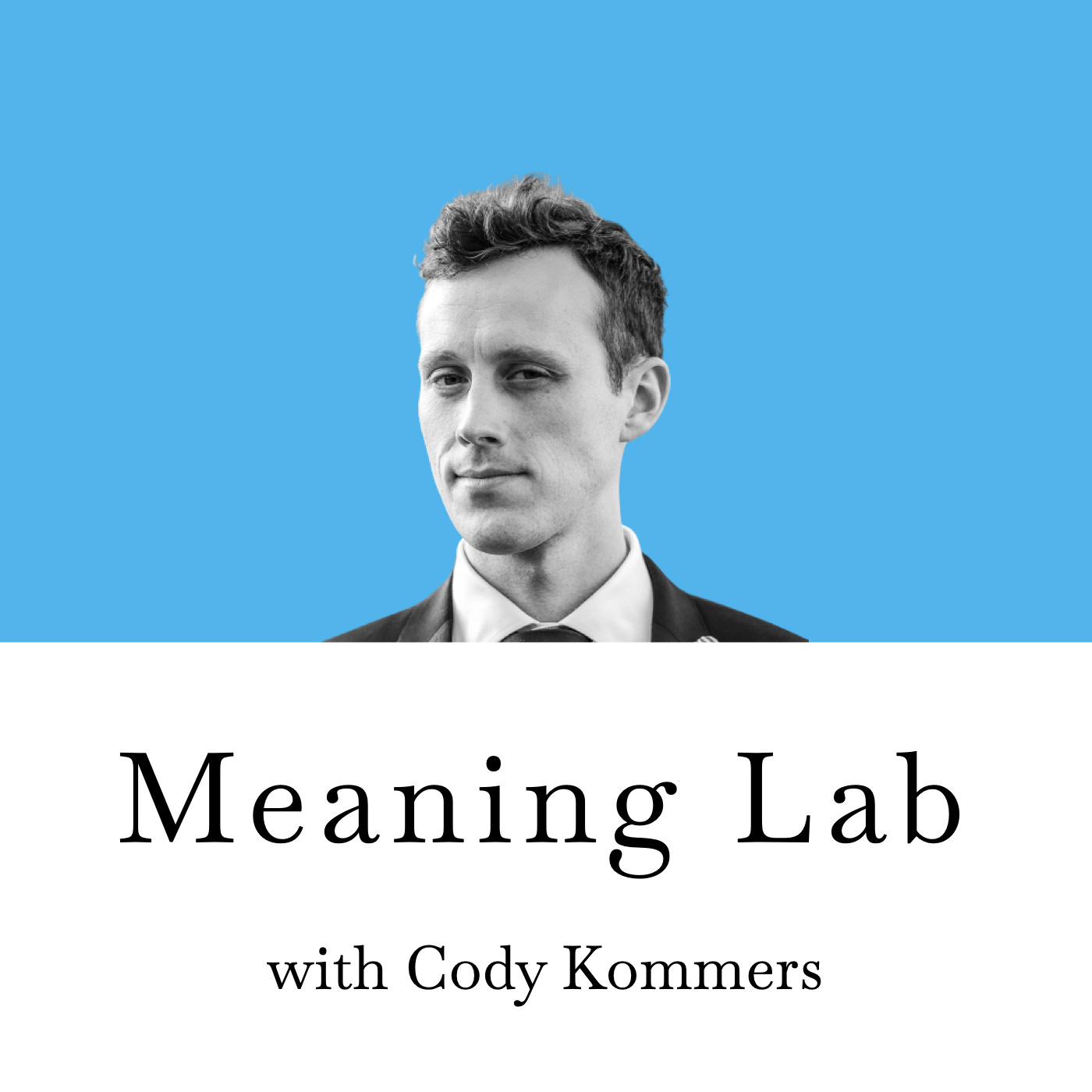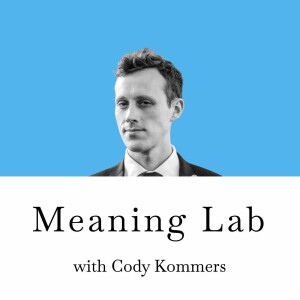
#94: Anxiety and the Hard Work of Being Human (feat. Tracy Dennis-Tiwary)
 2022-08-02
2022-08-02
Anxiety. It is the only emotion my body believes is truly necessary for me to experience at three o’clock in the morning. To be sure I’d rather be sleeping. Usually how I respond to this experience is by listening to audiobooks or podcasts until I fall back asleep. I may get through more audiobooks that way, but it’s hard for me to look at that and imagine anxiety as anything other than a burden. I’ve recently been rethinking that relationship with anxiety.
And in particular, one book has helped me start to change some of my beliefs about how anxiety works and what a healthy relationship to it might look like. That book is called Future Tense by my guest today, Tracy Dennis-Tiwary.
Tracy is a professor of psychology and neuroscience at Hunter College, where she directs the Emotion Regulation Lab. She’s spent the last couple decades as a psychologist studying anxiety, particularly in clinical populations and children. In her book, Tracy argues that though anxiety is unpleasant it actually plays a crucial role in our daily lives.
What exactly is the benefit of anxiety? Well, here’s how I’d put it:
The majority of our emotional lives is concerned with the present moment. Our brains are designed to get what we want right now, not to delay gratification until some unknown future date. The tension here is that while our emotions tend to orient us toward the moment, so much of our progress as individuals—as a civilization—depends on doing hard work now so our future selves or generations can enjoy its benefits.
Anxiety is the emotional bridge between our present selves and our future outcomes.
It is the emotion that makes us care about what rewards or punishments will receive in the future and motivates us to take action now, in order to put ourselves in the best position for success later on. Without that emotional bridge, it’s a lot easier to disregard what’s going to happen in the future. Anxiety is the only part of our present selves that has a true emotional investment in how our future selves will feel.
With this in mind, the appropriate relationship to have with anxiety is not to eliminate it, but to channel it. Anxiety can be incredibly motivating. And at a certain level, it’s healthy.
Throughout this conversation, we talk about the give and take of anxiety—but we also talk about how this fits into a larger conversation about how we’re so often taught in modern life that what we should do is eliminate bad things. We should take the presence of bad things as a negative signal. We should be able to remove inefficiency, unhappiness, and all sorts of negative outcomes and emotions from our lives. (In my essay on Heart of Darkness, I call refer to this as “Being loyal to the nightmare of your choosing.”)
But this is based on false model, an inaccurate story about how life works and what it means to be human. This is the story of anxiety that we cover in this conversation. Engaging with it and not running from it is part of the larger story of what Tracy called the “hard work of being human.”
Tracy’s book is “Future Tense: Why anxiety is good for you, even though it feels bad.” It is out now.
This is a public episode. If you’d like to discuss this with other subscribers or get access to bonus episodes, visit codykommers.substack.com/subscribe
More Episodes
 2023-02-14
2023-02-14
 2022-12-16
2022-12-16
 2022-12-02
2022-12-02
Create your
podcast in
minutes
- Full-featured podcast site
- Unlimited storage and bandwidth
- Comprehensive podcast stats
- Distribute to Apple Podcasts, Spotify, and more
- Make money with your podcast
It is Free
- Privacy Policy
- Cookie Policy
- Terms of Use
- Consent Preferences
- Copyright © 2015-2024 Podbean.com





